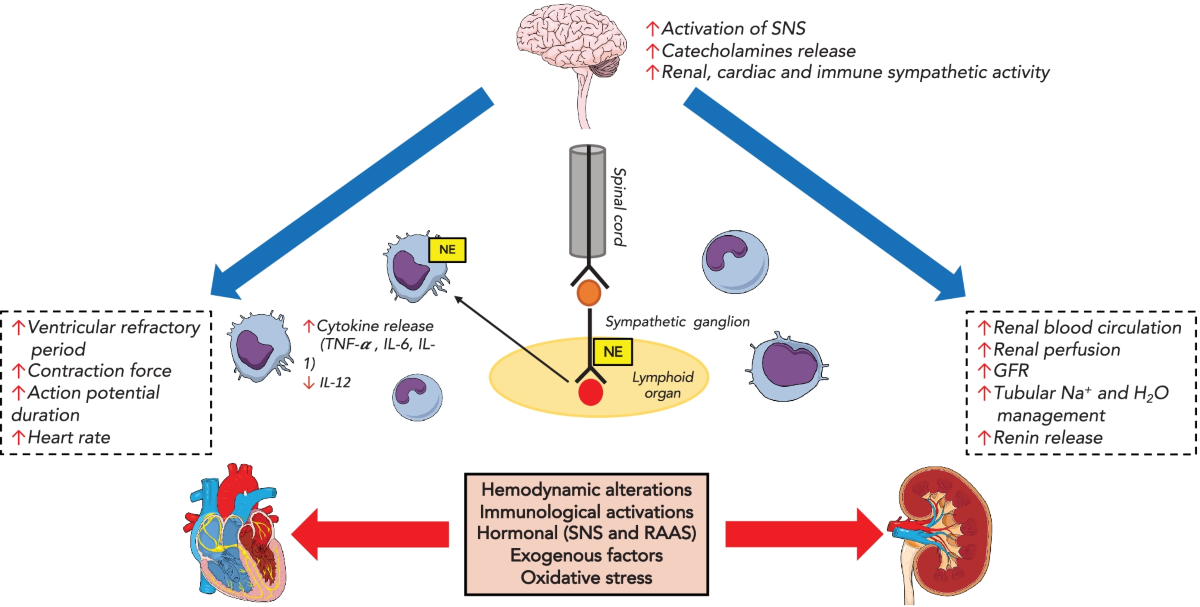Introduction Helicobacter pylori (H. pylori) is a spiral-shaped bacterium that infects the stomach lining. It is one of the most common bacterial infections worldwide and is strongly linked to gastritis, peptic ulcers, and in severe cases, stomach cancer. To detect...
In a world where a business deal is struck between Istanbul and Tokyo over video call, and a student in Ankara accesses research from a university in Buenos Aires, language is the final frontier. The quest to cross this frontier has made a simple Turkish word—cevır—a...
 The kidneys are essential organs that filter waste products, maintain fluid and electrolyte balance, and regulate blood pressure. To perform these complex functions, the kidneys rely on various biochemical processes facilitated by specific proteins known as enzymes....
The kidneys are essential organs that filter waste products, maintain fluid and electrolyte balance, and regulate blood pressure. To perform these complex functions, the kidneys rely on various biochemical processes facilitated by specific proteins known as enzymes....
 The liver is one of the most vital organs in the human body, responsible for filtering toxins, aiding digestion, storing nutrients, and regulating many metabolic processes. Central to many of these functions are liver enzymes—specialized proteins that facilitate...
The liver is one of the most vital organs in the human body, responsible for filtering toxins, aiding digestion, storing nutrients, and regulating many metabolic processes. Central to many of these functions are liver enzymes—specialized proteins that facilitate...

